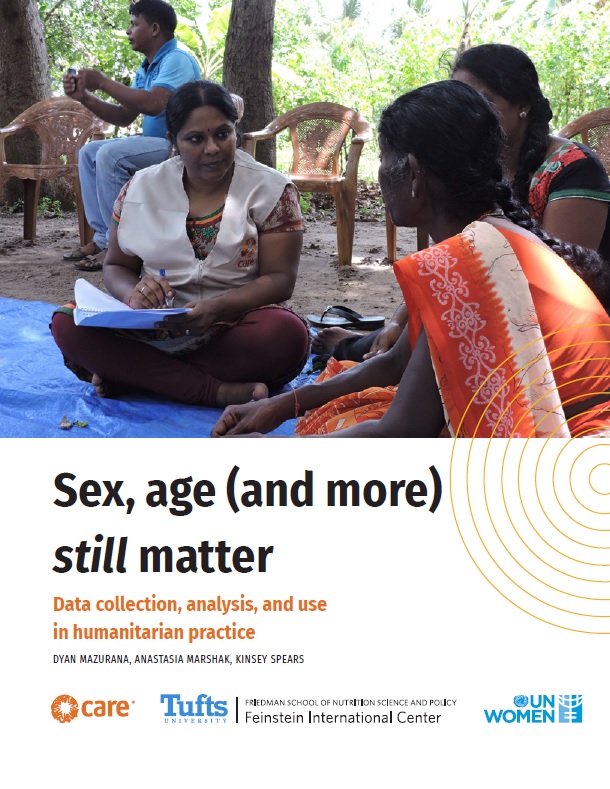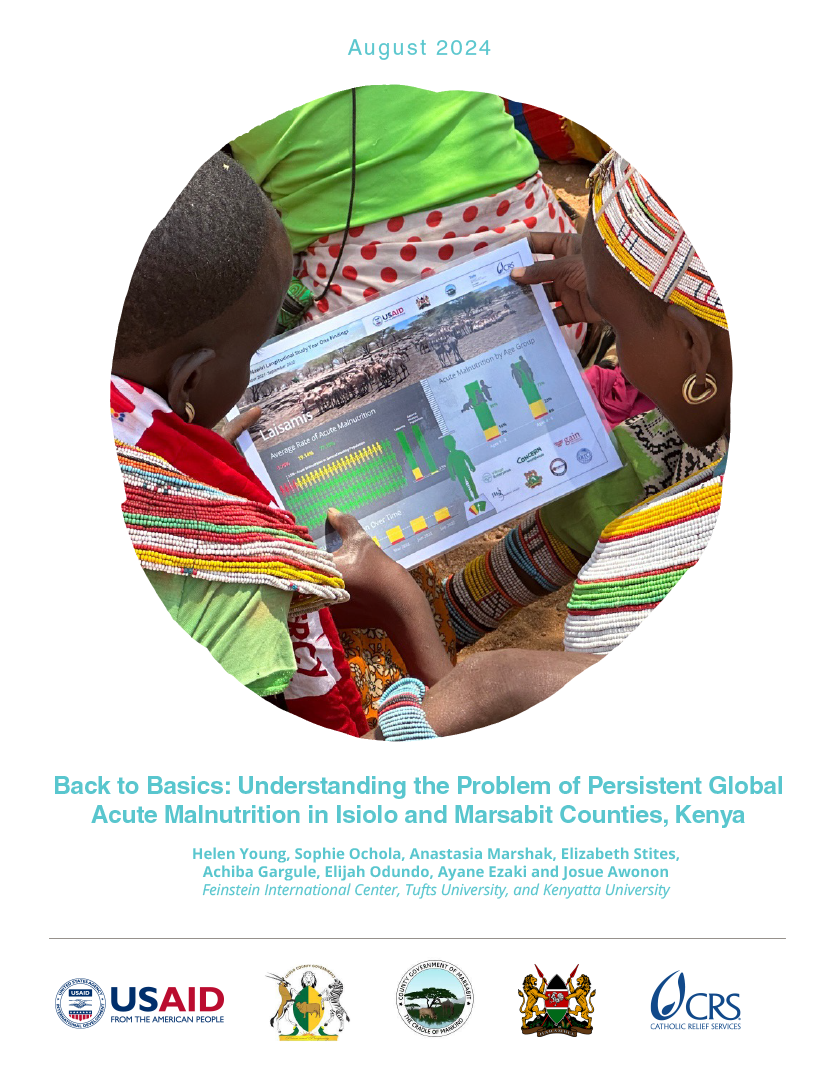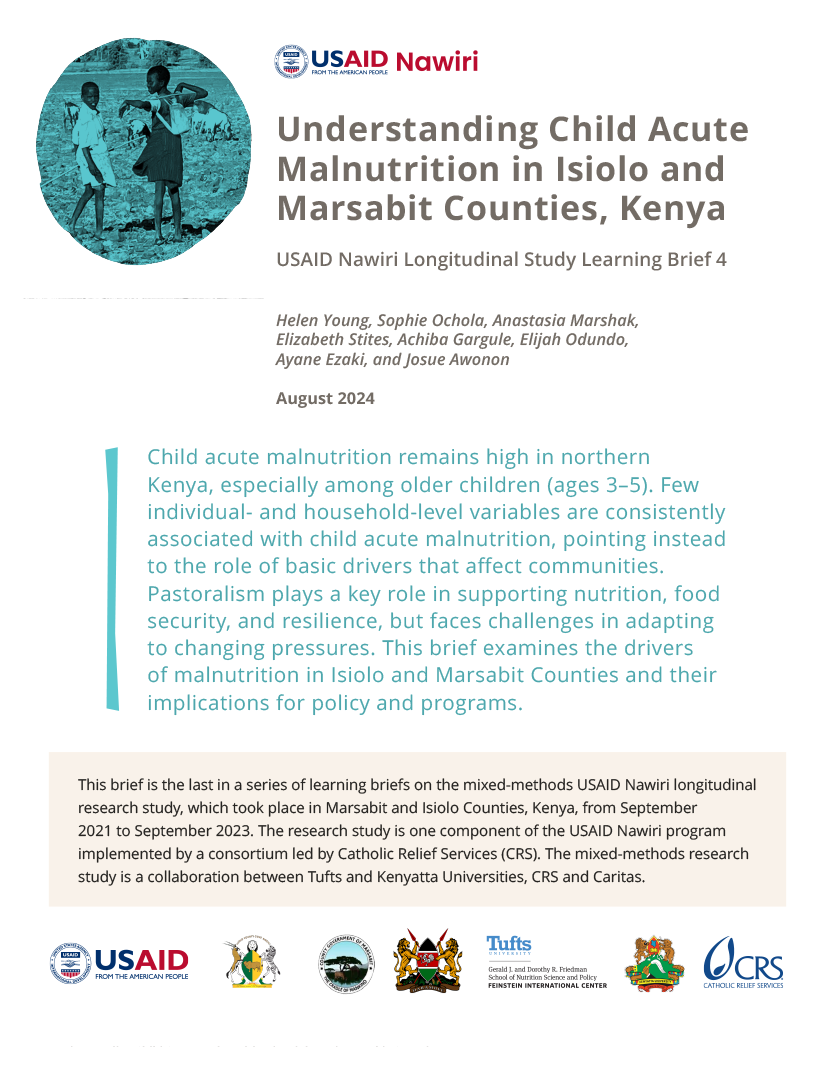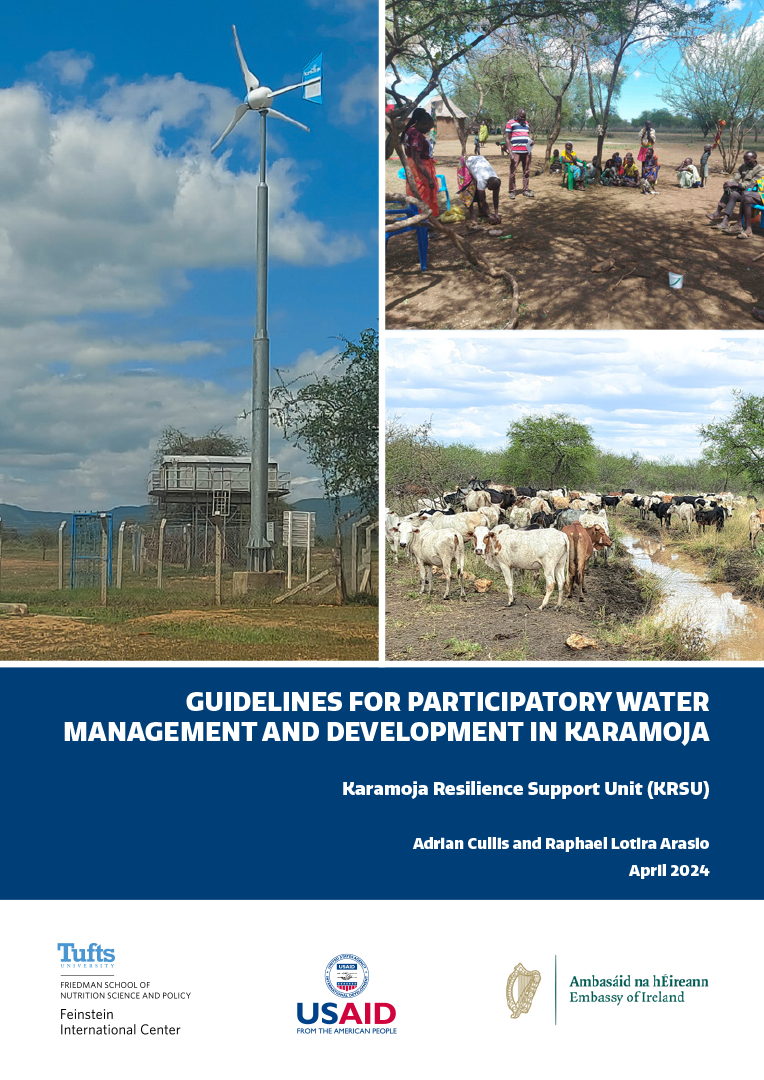“This report could not be more relevant and valuable today. We are currently witnessing an increase in humanitarian crises which exacerbates gender inequality and disproportionately affects women and girls globally.” – Sima Bahous, Executive Director of UN Women, during the launch of the report on March 23, 2023. Watch the launch event here.
Data has the power to transform how we see the world. Through big data collection and analysis, we are increasingly able to monitor health, poverty, education, gender equality, and climate change on a scale never seen. We have seen rapid advancement in the last 10 years in big data collection and analysis around the world. However, the humanitarian sector has remained painfully slow in keeping up with this trend. This report comes as we raise the alert on global gender equality backsliding and on the need for intensified focus on reversing that trend, for which accurate data is essential.
UN Women’s analysis of progress in attaining the Sustainable Development Goals (SDGs), especially SDG 5 (gender equality), estimates that at current rates it will take close to 300 years to achieve full gender equality. When we have information on people’s gender; age; disability; and sexual orientation, gender identity and expression, and sex characteristics (SOGIESC) we can more effectively identify and reach the populations most in need.
This report reviews the progress that has been made, outlines barriers to further progress, and makes recommendations for humanitarian donors and actors to advance gender equality. It stresses the need at all levels to confront the continued lack of accountability that perpetuates heightened risks of discrimination, inequality, and gender-based violence for women and girls in crisis contexts. The additional implications of the intersectionality of sex, age, disability and diverse SOGIESC must also be examined through adequate collection, analysis, and use of disaggregated data in order to be fully understood. Only then will the full inclusion of women, girls, men, and boys in all their diversity, and at all levels of humanitarian action, be possible.
Key findings of the report are:
- Impartiality requires disaggregated data.
- When it comes to collecting data on sexual orientation, gender identity, gender expression, and sex characteristics, the humanitarian community remains hesitant. It is rare to see any intersectional analysis of disaggregated data.
- Even in the best cases of collecting, analyzing, and using sex- and age-disaggregated data, there is very little documentation of how this information was used to inform and improve programming, or to ensure that actors are accountable to the communities they serve.
- Women remain marginalized in humanitarian decision making.
- Accountability should take center stage. Existing gender accountability frameworks, such as the Inter-Agency Standing Committee (IASC) 2017 Gender Equality and the Empowerment of Women and Girls in Humanitarian Action Policy, should be enforced.
- We need to better coordinate, share, and use existing data: Additional requirements on data disaggregation need to be complemented with appropriate funding support.
- More inclusive data collection, analysis, and humanitarian programming is needed to meet the humanitarian community’s commitment to the localization agenda.







